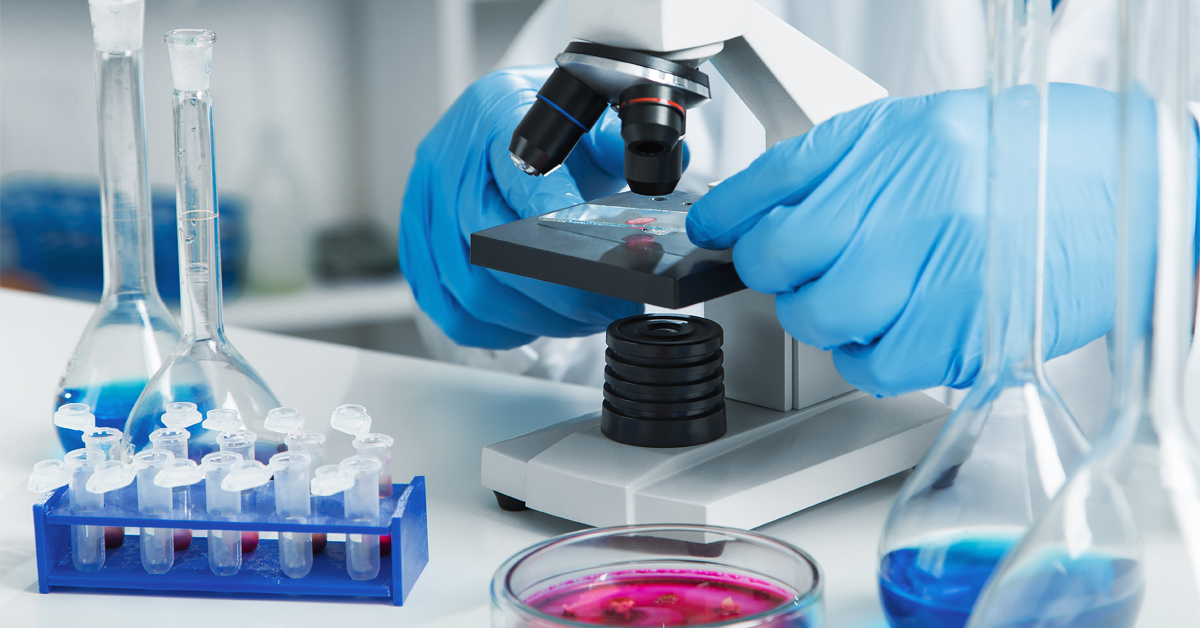
What is Pathology? Essential Insights for Better Health
Understanding the inner workings of our body and its response to disease is crucial for maintaining health and well-being. Pathology is an important medical discipline dedicated to this understanding. Often, pathology is an unseen, behind-the-scenes process. Yet it’s foundational to nearly every diagnosis and treatment plan. And it contributes to our understanding of how diseases progress and affect us.
What Is Pathology?
Pathology, at its core, is the study of disease. It’s the bridge between the basic sciences and clinical medicine, dealing with the causes and mechanisms of disease. Pathology comes from the Greek words “pathos,” meaning “suffering,” and “logos,” meaning “study,”—literally translating to “the study of suffering.” Pathologists are medical detectives who investigate and study biological specimens of all types. They also research diseases’ nature, effects, causes, and development.
In clinical practice, pathology is split into two main categories: Anatomic Pathology and Clinical Pathology. Anatomic deals with surgical specimens (like tissues from biopsies) to identify diseases and conditions. Histology, the study of tissues, and cytopathology, the study of cells, fall into the category of anatomic.
Clinical, on the other hand, involves the analysis of bodily fluids like blood or urine to diagnose and manage diseases. This branch comprises clinical chemistry, hematology, microbiology, immunology, and transfusion medicine.
Where Do Pathologists Work?
Pathologists usually work in laboratories instead of directly with patients, but their role is absolutely essential to patient care. Most decisions about diagnosis, treatment, hospital admission, and discharge rest on laboratory test results. These tests are often complex and require skilled interpretation—a task well-suited for the pathologist’s trained eye.
A pathologist’s ability to accurately identify diseases and determine their severity guides the clinician’s treatment decisions, ultimately helping patients achieve better health outcomes.
Can Pathologists Prevent Disease?
Apart from diagnosing diseases, pathologists also play a crucial role in prevention. Screening programs, such as those for cervical, breast, and colorectal cancers, rely heavily on pathology. Early detection of precancerous changes can prevent or detect many cancers at an earlier, more treatable stage. Pathologists also contribute to managing chronic diseases such as diabetes and heart disease by monitoring patients’ responses to treatment through laboratory tests.
In addition to their clinical roles, pathologists engage in biomedical research, contributing to the discovery and understanding of diseases at a molecular and cellular level. This research can lead to the development of new treatments and preventive strategies, further emphasizing the importance of pathology in improving health outcomes.
Pathology: Essential for Better Health
Pathology is not just about the study of the causes and effects of diseases. It’s also the cornerstone of modern medicine. Pathology intertwines with every aspect of patient care—from prevention and early detection to diagnosis, treatment, and ongoing monitoring. With the pathologist’s expert interpretation and their partnership with physicians, each patient’s unique disease story can be understood and effectively treated, providing essential insights for better health.
Learn more about our expert pathology services — Contact us today!
